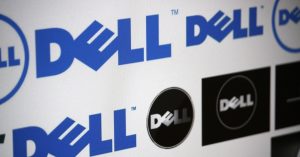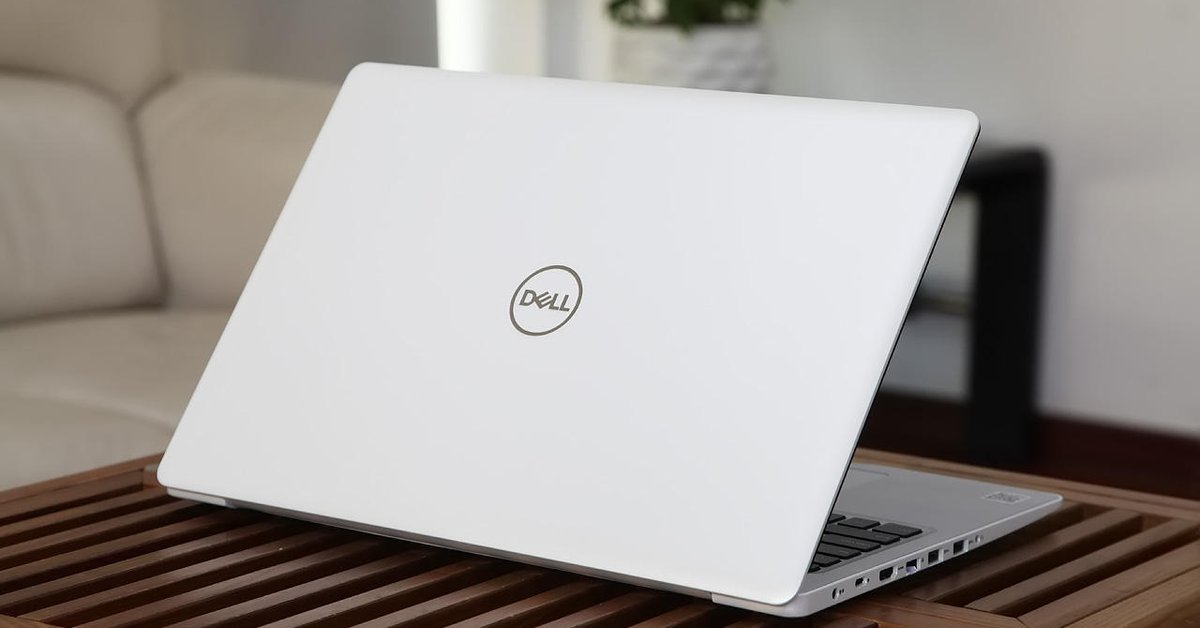Dell Technologies is an American multi-technology company that manufactures sells and supports personal computers and other related merchandise and services. And partially owned by the privately held parent corporation of Dell Technologies. The largest manufacturers of personal computers and also manufactures other electronics like printers, cellular phones, enterprise-oriented software. And digital entertainment systems, home appliances, healthcare, medical devices, networking products, DVD and CD players, home navigation systems, PC games, and other consumer electronic devices. Thomas lee late was the founder of Dell. Who started selling personal computers in his childhood. He later went on to establish several other companies in the personal computer industry.
Personal Computers:
Dell technologies derive their roots from the traditional desktop and notebook personal computers of the past but have added a number of innovations in recent years. One of the most recent innovations is the Powerstore concept. With the Powerstore, Dell has taken the user experience to a new level. With Powerstore, consumers can pre-purchase a specific amount of power energy-efficient batteries from the manufacturer used to need. This allows users to conserve energy, even when power isn’t necessarily an issue. Additionally, this approach conserves environmental resources through Dell’s Energy Management Program.

In addition to the Powerstore concept, Dell has incorporated the mobility element into its portfolio. Through the Precision Web Management Service (PSMS), they have made it possible to move applications and data between desktop and laptop or multiple notebook models. These mobility features are powered by Dell’s Mobility Solutions Provider (MSP). Dell is partnered with several major worldwide enterprise service providers for their mobility services, such as AT&T, T-Mobile, Verizon, Altelecom, Continental, others. Additionally, Dell has implemented an e-mail, access to corporate data using Microsoft Outlook, calendar, address book, web browsing, image editing, Quickoffice, and PDF creation. All these technologies are powered by respective networking solutions from Dell.
Dell IT Technologies:
In the realm of electronic payments, Dell has several payment solutions that include PCI-DSS compliant payment processing devices. Dell to concede card is a secure and efficient payment processing device. It works closely with Dell’s Intuit QuickBooks enterprise solution. E debit is also a payment processing device that works with Intuit QuickBooks. E-debit ensures conversion into a credit card. The former works closely with ATMs and financial institutions around the world, while the latter facilitates the conversion of debit cards into various credit cards.
Besides expanding its range of technologies and services to embrace the evolving environment. Dell also designs and manufactures its own software solutions. Software services are critical for ensuring proper business application. Many organizations today rely on proprietary software solutions to ensure proper IT support and maintenance. Therefore, Dell uses its own proprietary design approach to provide these software solutions. This helps it gain more control over its software products as well as minimize support and maintenance costs.
Dell Technologies In Mobile Hands:
Dell Red Hat Enterprise also leverages its own portfolio of high-quality, established technologies to improve overall product performance. These software solutions have proven their worth in several Dell Red Hat Enterprise environments. Some of these solutions are Red Hat Enterprise Linux, e Red Hat Enterprise Server, Enterprise mobility e Red Hat Enterprise Solution, Enterprise content of Red Hat Enterprise Manager, Enterprise service e red Hat Enterprise Manager, and many more. These software solutions have deployed in large enterprises as well as medium-sized and small-sized businesses.
Aside from expanding its range of services and its technology portfolio. Dell has also invested in improving its telecommunications infrastructure foundation. As a result, it can now serve customers using voice over IP (VOIP) and the popular Red Hat Linux operating system. In context, Red Hat Linux used as the main distribution. And a customized with the latest kernel version installed on the desktop. The same infrastructure foundation is maintained for voice and video communication through Dell’s tech cloud services.
As pointed out earlier, this was one of the highlights of last quarter’s financial call. It shows that Dell is well aware of the challenges in its market today and it is trying to fight back by investing in improving its technologies. As such, the company is planning to adopt the open-source community’s latest standards. Which will help them in innovating in the long run. Looking at the bigger picture this shows that Dell is gearing up for a better future by deploying its telco cloud-native technologies into the mobile hands of its customers.

